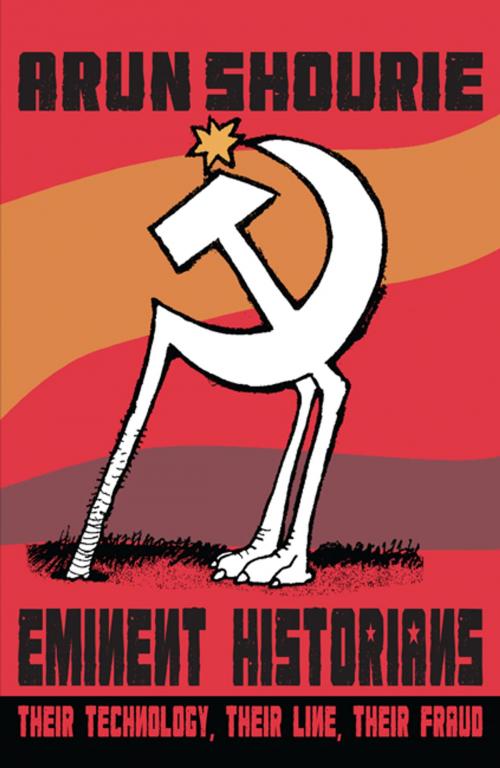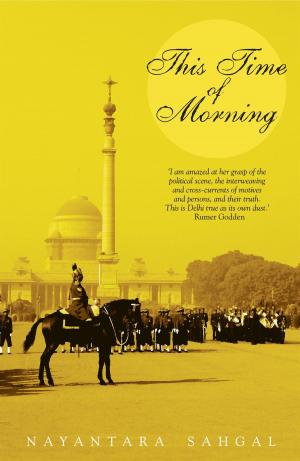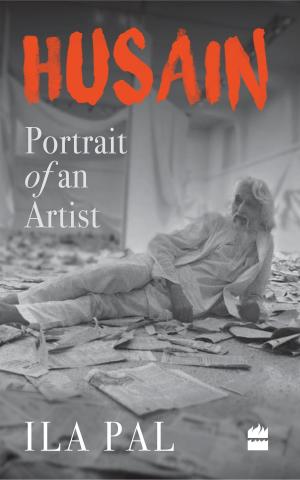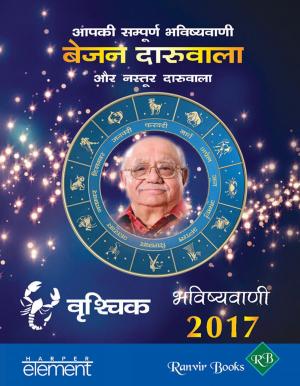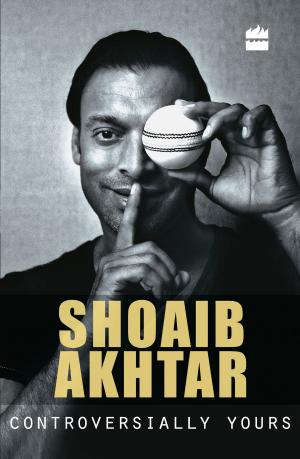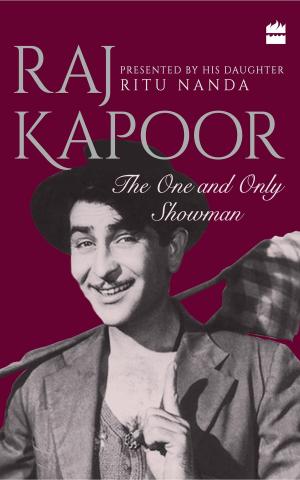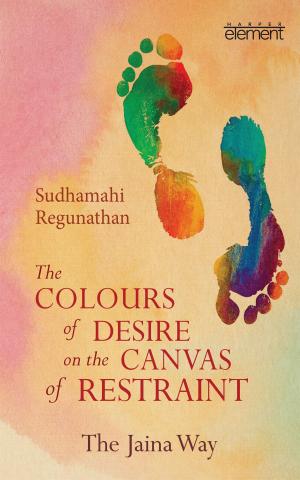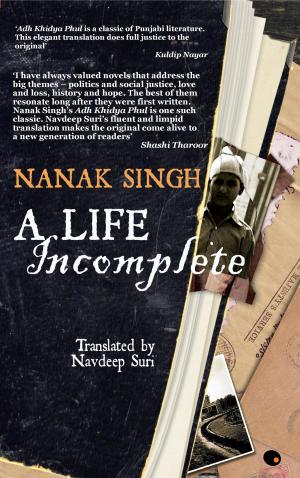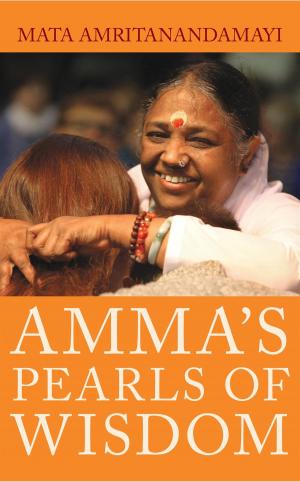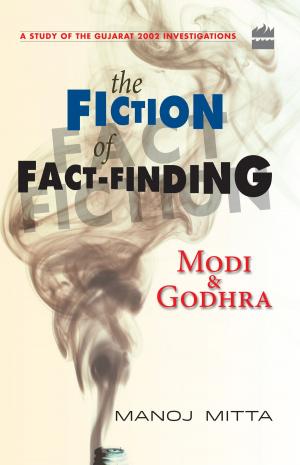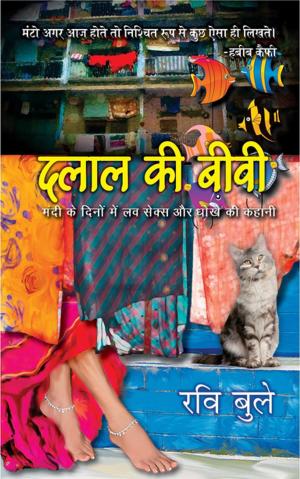| Author: | Arun Shourie | ISBN: | 9789351365921 |
| Publisher: | HarperCollins Publishers India | Publication: | June 1, 2014 |
| Imprint: | Harpercollins | Language: | English |
| Author: | Arun Shourie |
| ISBN: | 9789351365921 |
| Publisher: | HarperCollins Publishers India |
| Publication: | June 1, 2014 |
| Imprint: | Harpercollins |
| Language: | English |
'Shourie has the anecdotal reasoning of Nirad Chaudhuri married to the writing style of Robert Ludlum. Both are in ample evidence in this book.' - India Today In this incisive commentary, Arun Shourie documents the ways in which our history textbooks have been doctored by leftist historians. Thoroughly researched and riveting, this study brings to light the techniques and frauds that a cabal of some of our best-known academicians has used to promote themselves, and to acquire control over institutions. And then to put these supposedly academic institutions to use. Shourie shows how, in the process, this cabal has perverted India's historical narrative, and thereby vitiated the country's public discourse. Two new chapters bring to light recent developments in the field: how, with their holy scriptures having been repudiated in their holy cities, these 'historians' strive to retain their perches by dominating niche domains; how these efforts are bound to fail; but how their trajectory holds vital lessons for those who seek to replace them. A must read for every Indian who has an interest in the country's history and a stake in its future.
'Shourie has the anecdotal reasoning of Nirad Chaudhuri married to the writing style of Robert Ludlum. Both are in ample evidence in this book.' - India Today In this incisive commentary, Arun Shourie documents the ways in which our history textbooks have been doctored by leftist historians. Thoroughly researched and riveting, this study brings to light the techniques and frauds that a cabal of some of our best-known academicians has used to promote themselves, and to acquire control over institutions. And then to put these supposedly academic institutions to use. Shourie shows how, in the process, this cabal has perverted India's historical narrative, and thereby vitiated the country's public discourse. Two new chapters bring to light recent developments in the field: how, with their holy scriptures having been repudiated in their holy cities, these 'historians' strive to retain their perches by dominating niche domains; how these efforts are bound to fail; but how their trajectory holds vital lessons for those who seek to replace them. A must read for every Indian who has an interest in the country's history and a stake in its future.
